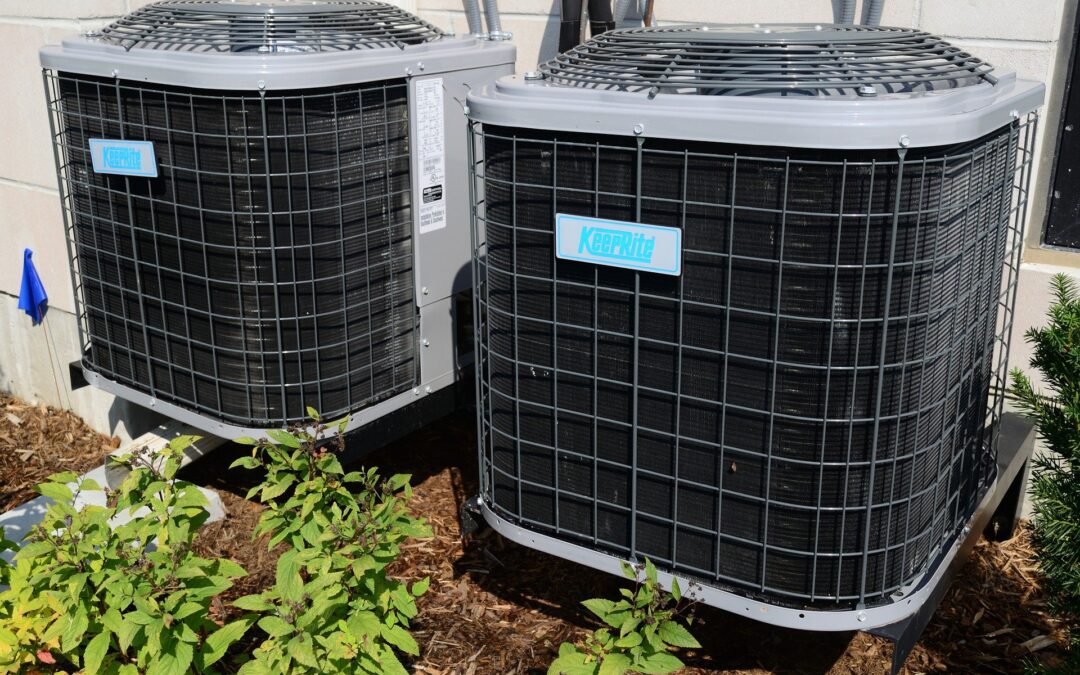Although heat pumps have long been used in many countries, they have been slow to gain acceptance in the United States. Heat pumps have become popular here in recent years due to their energy efficiency, ease of installation, size, and capacity to create zone heating for various areas of the house.
Used alone, heat pumps are most effective in areas with year-round moderate temperatures where they offer an energy efficient alternative to standard air conditioners and furnaces. However, heat pumps can be a smart choice in colder climates when used in tandem with a furnace or other heating source that only comes on-line when temperatures dip below freezing.
How They Work
Simply put, heat pumps use electricity to make cool spaces cooler and warm spaces warmer. To clarify, heat pumps move heat, rather than creating it. In chilly weather, they move heat into your home, while in hot weather, they move warm air out of your home. And all at an operating cost significantly less than that of traditional cooling and heating systems.
Types of Heat Pumps
The first three types of heat pumps are the most common. Absorption pumps are a relatively new addition.
Air-Source. This type of pump transfers heat between the outside air and your home. An efficient air-source heat pump can reduce home heating costs by 50% over furnace and baseboard heating. What’s more, they dehumidify better than most central air conditioning systems during the hot summer months, increasing your comfort level while reducing your energy usage.
Ductless Mini-Split. If your home does not have ducts, a ductless mini-split system (which is composed of both ductless air conditioner and heat pumps) may be right for you. This is a flexible, easy-to-install system with an inverter compressor that will maintain indoor comfort levels year-round.
Geothermal. A geothermal pump system requires access to either a ground or water source in order to transfer heat to or from your home. While this type of system can be a bit pricey to install, it can reduce your energy use by a whopping 30-60%. Additionally, this system will control humidity during the summer heat. Geothermal heat pumps are reliable, sturdy, and a good choice for many homes.
Absorption. While absorption pumps are often called gas-fired heat pumps, they can in fact be powered by a number of different heat sources. These pumps work well in circumstances where both cooling and heating are necessary.
Is a Heat Pump System Right for Me?
As previously mentioned, heat pumps work best in temperate climates, but can be used effectively in colder areas in conjunction with another heating source. Although an all-new system can prove to be most efficient, in many cases heat pumps can be added to an existing gas boiler or furnace. If you’re considering installing a heat pump system, consult an HVAC professional to determine if this is the best choice for your home.


